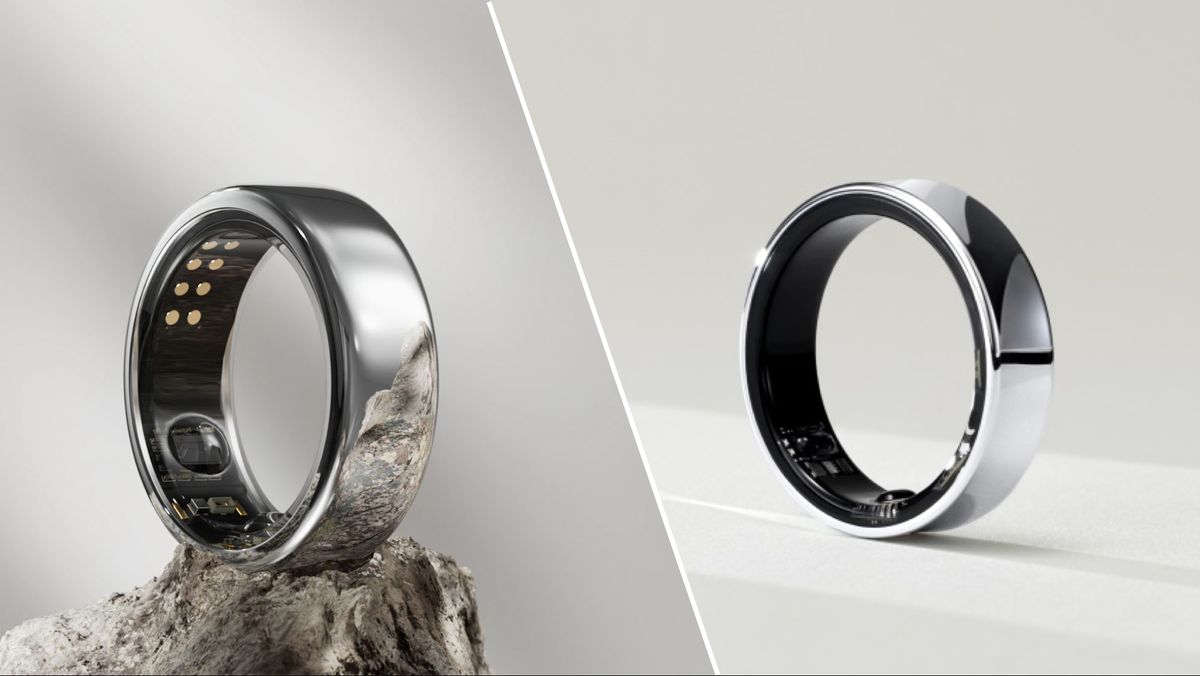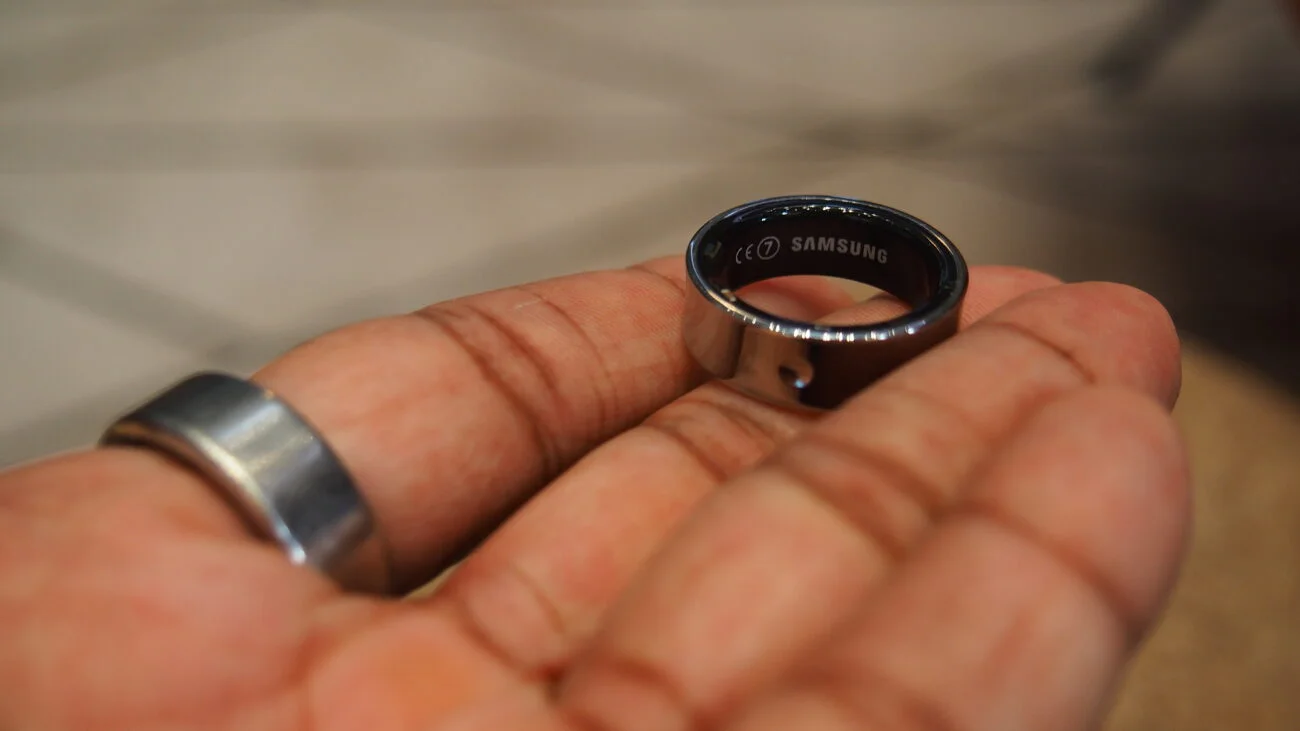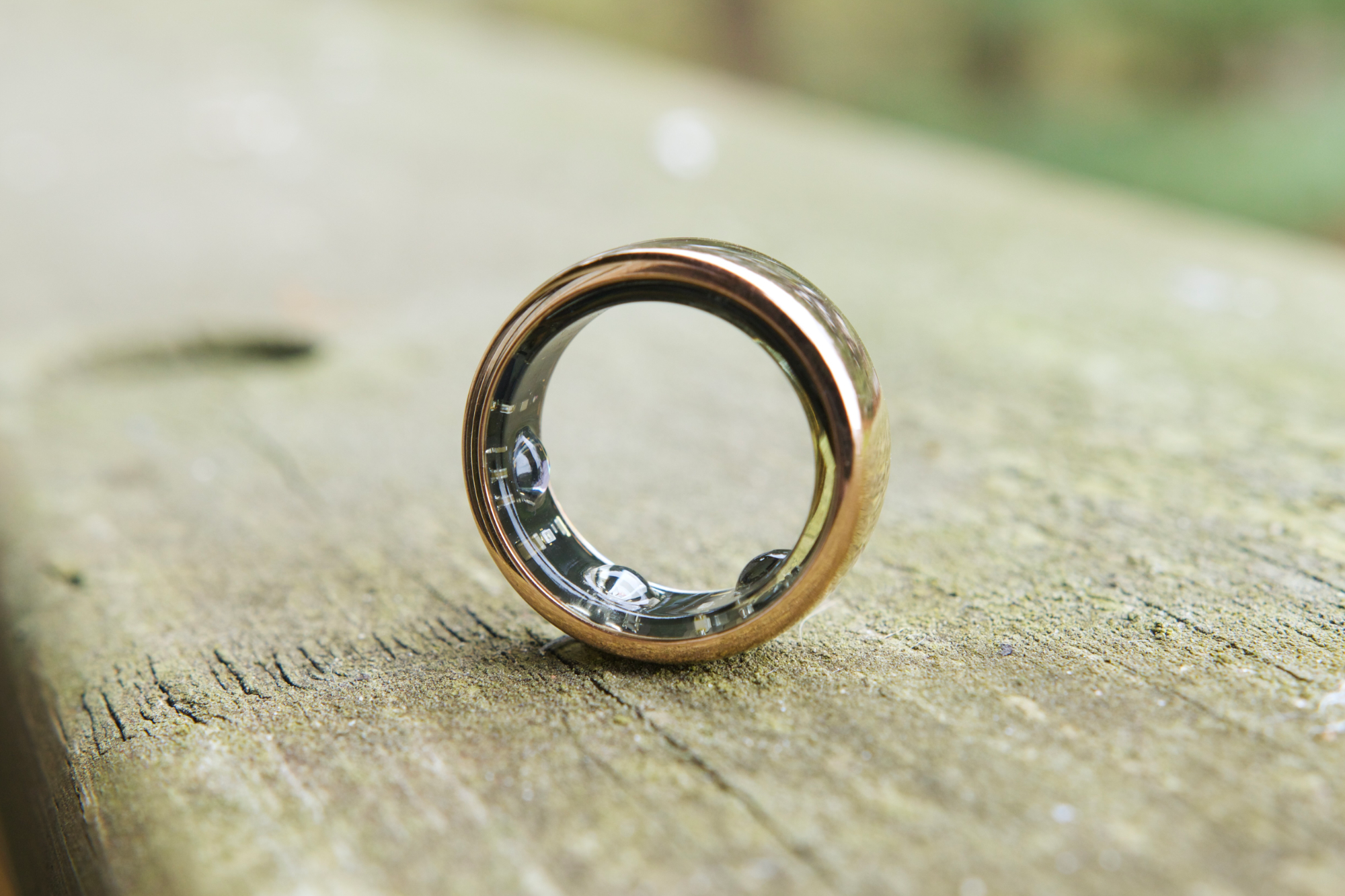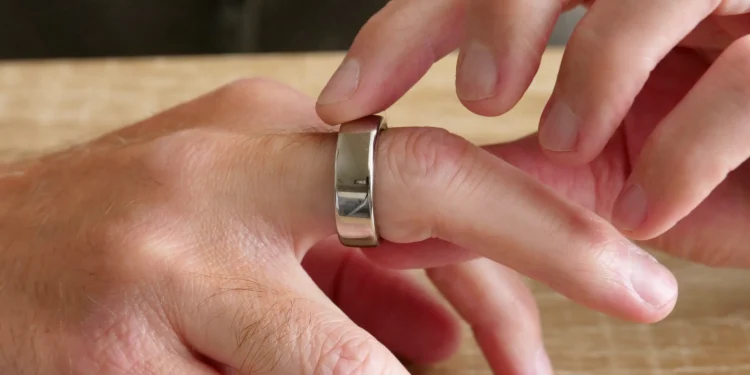Smart rings are no longer just a niche gadget for early adopters and fitness fanatics. They’ve become an appealing alternative to smartwatches for people who want discreet wearables that offer advanced health tracking without the bulk. With the development of sleeker designs and more accurate sensors, smart rings are taking center stage. Unlike their smartwatch counterparts, they offer longer battery life, superior comfort, and more precise data collection, particularly from the finger.
But with so many options on the market, which smart ring truly stands out from the rest? We put six of the most popular smart rings to the test: the Oura Ring, Ultrahuman Ring Air, Circular Slim, Samsung Galaxy Ring, RingConn, and Evie Ring. After months of testing, only one can claim the title of the best smart ring.

Accuracy Above All: Circular Slim Misses the Mark
When it comes to wearables, accuracy is non-negotiable. Unfortunately, the Circular Slim falls short in this critical area. Priced at $294, it promises a lot but delivers very little in terms of reliability. Step counts were frequently off by as much as 5,000 steps when compared to other wearables, and syncing data took so long that it often led to frustration.
“While the metrics were generally fine, my step count was occasionally so wrong I couldn’t help but laugh. I’m talking 5,000 steps off compared to my other wearables.”
To make matters worse, Circular Slim’s other features don’t compensate for its accuracy problems. While it includes a vibration motor for silent alarms, this feature is also underwhelming due to its finicky dismissal method, requiring two precise taps that are hard to execute when you’re half asleep. The overall build quality, with its cheap plastic feel, doesn’t match its nearly $300 price tag. For those hoping this ring could be more than just a fitness tracker, it’s simply not worth the investment.
Verdict: Eliminated.
The Beauty of the Evie Ring: Stunning Design but Lacking Polish
If style and comfort were the only criteria, the Evie Ring would win hands down. With its elegant open-gap design, the $269 ring is easy to wear and perfect for fingers that may swell or change in size over time. It’s the most comfortable smart ring on the market, and the unique design sets it apart from its competitors.
However, the Evie Ring suffers from a common problem seen in first-generation products: it’s functional but lacks polish. Syncing can take too long, and the overall user experience doesn’t feel as seamless as it should. Movano, the company behind the Evie Ring, is actively working to improve the ring with firmware updates, but for now, it’s still catching up to its competitors. Future iterations might fix these issues, but in its current state, the Evie Ring falls short of greatness.
“Everything works decently, unlike the Circular Ring, but there’s a distinct lack of polish.”
Verdict: Eliminated.
RingConn: Reliable but Too Basic
If all you want is a basic health tracker that gets the job done, the RingConn is a solid choice. At $279, it offers the best battery life of any smart ring, lasting six to nine days on a single charge. It even comes with a handy charging case, a feature that outshines many of its competitors.
But while RingConn gets the basics right, it doesn’t stand out. The slightly squarish design may feel awkward for some users, and although it offers decent health tracking, it lacks the advanced features that would make it a must-buy. In a highly competitive market, being “fine” isn’t enough.
“This is the smart ring I’d recommend people get if all they wanted was basic, mostly decent health tracking without any bells and whistles.”

Verdict: Eliminated.
The Samsung Galaxy Ring: Great Hardware, But Only for Samsung Fans
At $400, the Samsung Galaxy Ring boasts the best hardware of any smart ring we tested. It’s sleek, slim, and comfortable, with a chic charging case to match. However, the Galaxy Ring is designed to work best with other Samsung products, which limits its appeal.
The ring’s battery life and features, like the innovative double pinch gesture for controlling your phone’s camera, are only fully functional if paired with a Samsung Galaxy Watch or the latest Galaxy Z Flip or Fold smartphones. This ecosystem dependency makes it hard to recommend for anyone who isn’t already invested in Samsung’s ecosystem.
Verdict: Eliminated.
Ultrahuman Ring Air: Ideal for Athletes, But Not for Everyone
The $349 Ultrahuman Ring Air comes tantalizingly close to being the best smart ring. It’s stylish, lightweight, and excels in fitness tracking. For athletes or those looking to optimize their training, this ring offers unique insights like caffeine timing recommendations and circadian rhythm optimization, helping users fine-tune their performance.
However, the Ultrahuman Ring Air is very much geared toward serious athletes. Its focus on advanced training metrics may be overwhelming for more casual users, and its data interpretations, such as overly generous VO2 Max scores, can be a little misleading. It’s a fantastic option for fitness enthusiasts but might not suit everyone’s needs.
“Accuracy is otherwise on par with my other devices, but the way my data is interpreted gives me a little pause. For example, I’m flattered this ring thinks my VO2 Max is 44 ml/kg/min (apparently, that’s superior) and that my resting heart rate is Elite.”
Verdict: Eliminated.
The Clear Winner: Oura Ring Remains King
After putting all six rings through the wringer, the Oura Ring once again proves why it’s the reigning champion of the smart ring market. Priced at $299, it strikes the perfect balance between comfort, design, accuracy, and overall user experience.

What sets the Oura Ring apart is its consistent accuracy in health tracking and its polished app experience. Oura has spent years refining its algorithms, working with researchers, and continuously releasing updates, ensuring that its ring remains top-tier. While other rings excel in one or two areas, the Oura Ring is the best all-rounder, offering a seamless blend of fitness tracking, sleep monitoring, and wellness insights.
“If you care about accuracy and health tracking, Oura does a lot of work validating its algorithm, working with researchers, and putting out a metric ton of documentation about its features.”
The only downside is its $6 monthly subscription for advanced features, but given the quality of the data and insights provided, many users find it worth the cost. If you’re in the market for a smart ring, Oura should be your top choice.
Verdict: Winner — Oura Ring.
In the ever-expanding world of wearable technology, smart rings are carving out a niche for themselves as a lightweight, discreet alternative to bulkier smartwatches. Among the six smart rings we tested, the Oura Ring reigns supreme, offering the most well-rounded experience in terms of accuracy, design, and user experience.
While the competition is fierce, none of the other rings could match Oura’s combination of reliability, polish, and functionality. Whether you’re tracking your health, improving your sleep, or just want a stylish accessory that does more than count steps, the Oura Ring is the ultimate choice.










